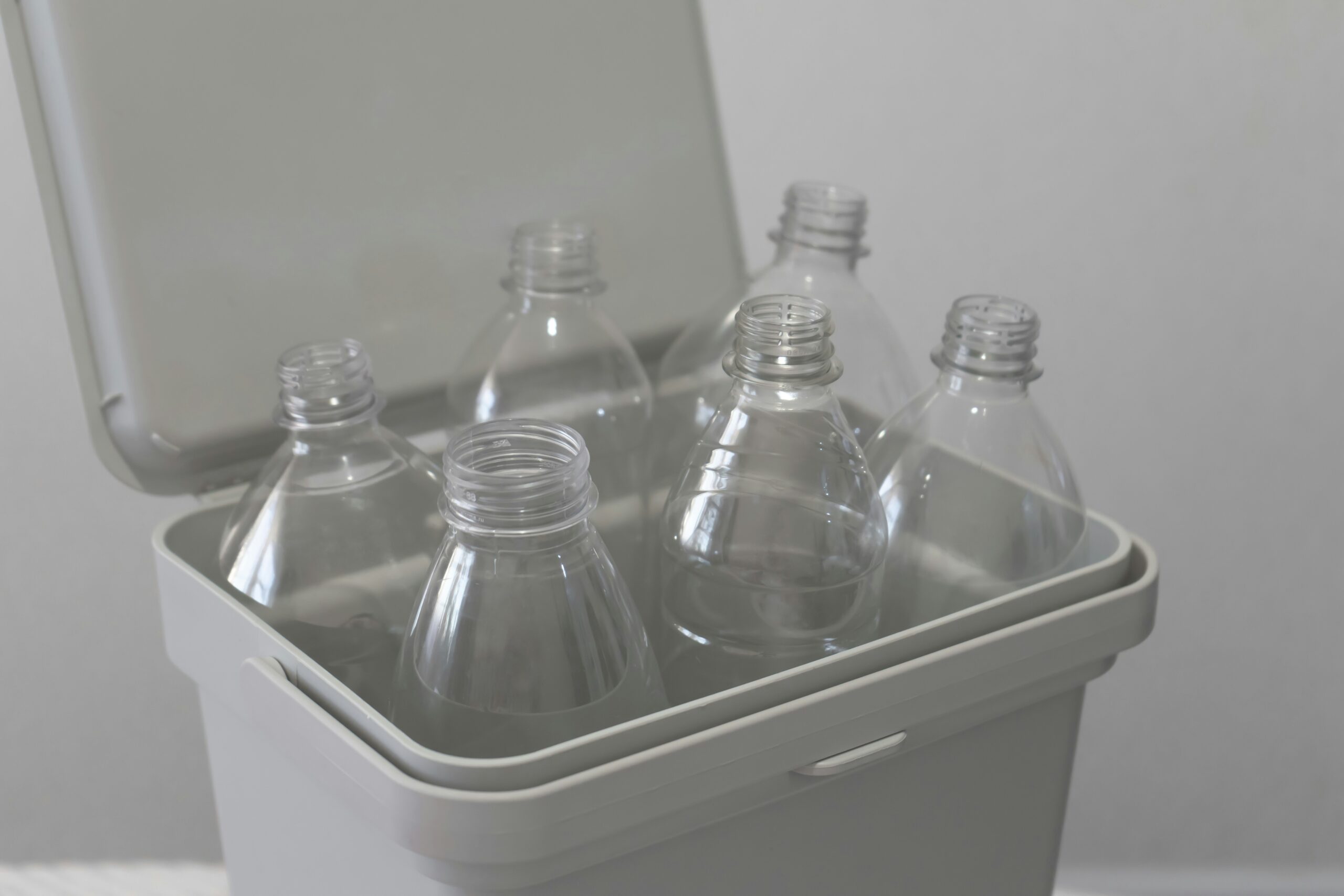
Starting October 1, 2025, a nationwide deposit system for selected beverage containers will come into force in Poland. The aim of the new regulations is to increase recycling rates and reduce waste. From the perspective of businesses, however, the key issue is taxation – in particular, how to account for VAT on deposits.
Types of packaging in the new system
The new system will cover, among others:
- PET bottles up to 3 liters,
- metal cans up to 1 liter,
- reusable glass bottles up to 1.5 liters.
Neutrality of deposits in current transactions
The deposit added to the price of a beverage is not part of the VAT taxable base. It is charged to the consumer and refunded when the container is returned. The neutrality principle applies at every stage of the supply chain – from producer to retailer.
In practice, this means that:
- VAT is charged only on the value of the beverage,
- the deposit may be shown on the invoice as an additional line item, but without increasing the taxable base,
- on receipts, the deposit should be listed in the non-fiscal section,
- the return of the container and deposit does not require issuing a corrective invoice.
Annual settlement of unreturned deposits
The tax obligation arises only at the end of the year and applies exclusively to deposits that were not returned. The tax liability rests with producers and importers of beverages.
As of December 31, they must:
1. Compare the total value of deposits collected with the value of deposits refunded,
2. Treat the difference as consideration for beverages and account for VAT,
3. Apply the VAT rate appropriate for the given beverage (e.g., 5% for juices, 23% for carbonated drinks).
If multiple VAT rates apply, unreturned deposits must be proportionally allocated to products subject to different rates.
Documentation and JPK reporting
Producers and deposit system operators must keep detailed electronic records, including the number of containers placed on the market and returned, as well as the value of deposits. The JPK (Standard Audit File for Tax) structure will include special fields dedicated to reporting deposit settlements.
Role of system operators
The deposit system operator is responsible for logistics, record-keeping, and technical settlement of deposits. The operator transfers the VAT due to the producer’s or importer’s individual tax account. Operator services – as well as the remuneration of shops and collection points – are subject to VAT at the standard 23% rate.
No right to deduct VAT on deposits
Beverage purchasers cannot deduct VAT on deposits, since deposits are not part of the product price. Only the VAT charged on the beverage itself may be deducted.
Summary
The deposit system introduces significant organizational and tax changes for beverage producers, importers, and retailers. The key rules are:
- VAT neutrality in current transactions,
- annual settlement of unreturned deposits exclusively by producers/importers,
- the obligation to maintain detailed records and report in JPK,
- no right to deduct VAT on deposits for purchasers.
The Ministry of Finance has published detailed guidelines that protect taxpayers who follow these rules. Businesses should start reviewing their processes now and prepare for the new obligations – especially in terms of record-keeping and VAT settlements.
Our support
Check out our tax, and payroll and HR services that we provide for our clients. We are here to make your business easier.
We deal with the day-to-day tax settlements.






